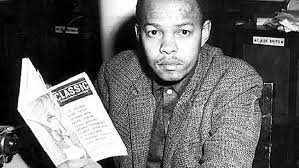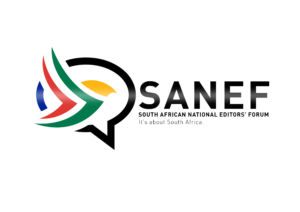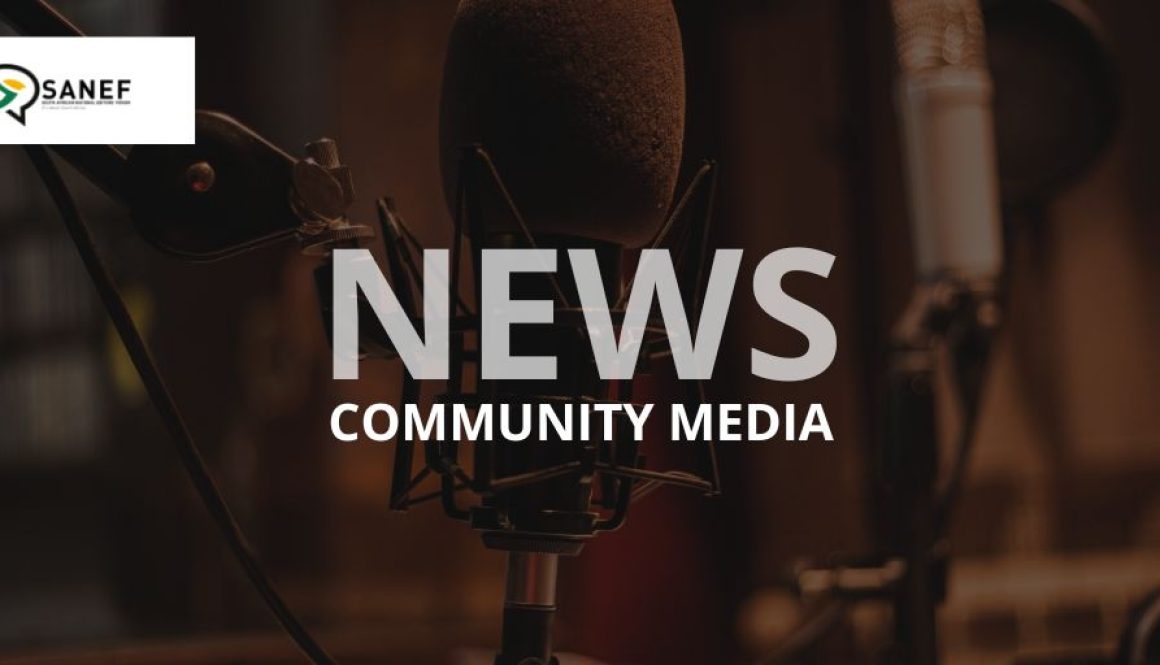Against the backdrop of an economy plunged into a recession by Covid-19 and then roiled by unrest as it recovered, the news media has had a turbulent time these past two years.
In response, the South African National Editors Forum (SANEF) commissioned this second study into the state of the media two years on into the impact of COVID-19 on the media. Reg Rumney, who is the Research Associate, Department of Journalism and Media Studies, at Rhodes University conducted the study.
Click here to download the study
Ironically, according to the study, the pandemic increased the need for trusted, reliable news as the blow to revenue from declines in advertising and third-stream revenue made life difficult for publishers and the public broadcaster, as SANEF’s interim report in June 2020 detailed. Retrenchments and newspaper closures or rationalisation of titles and circulation cutbacks continued through 2021.
The research has found that the print sector was hardest hit by the pandemic lockdowns in 2020 and continued to suffer the effects long after as readers lost the habit of buying newspapers or voted with their rands against content that did not satisfy their wants and needs.
It also found that circulations of major newspapers audited by the Audit Bureau of Circulation fell across the board in the last quarter of 2021 compared to the last quarter of 2019, before the pandemic hit hard – though some publications fell more than others. Local papers audited showed some variance but overall were also down. Community or small commercial media print publications were reported to be knocked by the pandemic, but no hard figures are available. The problem with the decline in print is that newspapers still produce a great deal of the news as well as the revenue of news organisations from copy sales and advertising.
As newspapers have migrated online, the research reveals that they have found online ad revenue far lower than print ad revenue, as Google and Facebook receive the lion’s share of online revenue. These two internet giants also, in the view of publishers, benefit unfairly from news content shared on the platforms and South African publishers have taken them to the Competition Commission to try to, in their view, put matters right and be compensated.
As print news media declines and news deserts threaten, the idea of a new version of the defunct South African Press Agency, which supplied a steady stream of news from around the country for decades, has been suggested. This report notes that a South Africa-focused news agency is a promising project, though it needs a champion, and the failure of news wires connected to the Big 4 publishers to take off suggests it needs state and/or donor funding to get off the ground.
The study also discloses that TV news received a significant boost during the pandemic. The figures tell their own story, with a notable increase in TV news viewers. However, the pandemic TV viewership bump was followed by some decline in 2021.
Radio listenership, along with that radio news audience, seems robust, though measurement problems prevented precise tracking. Using advertising spending as a proxy, radio might have suffered a slight decline in 2021 to TV’s benefit, the study says.
The pandemic accelerated the move from print to online news with a surge of new viewers, though this seems to have levelled off in 2021 and was not equally distributed. The study says a big beneficiary of the move online was News24, which adopted a subscription model in 2020.
Although most people, judging from the figures for TV news alone, probably get their news from TV and radio, online news is making inroads, it says. Online news, which has low barriers to entry, has also seen the entry of new online-only outlets.
Among the online-only outlets are non-profit, donor-funded news organisations. This sector has contributed significantly to deepening news coverage, and donor funding protected it from the pandemic-induced advertising drought. Nominally non-profit is community radio, which boasts around 280 stations across the country. These range from those that compete with commercial radio stations to those that the Media Development and Diversity Agency (MDDA), responsible for community media, confesses will never be commercially viable. Indeed, the MDDA pumped noteworthy amounts of money into the sector in emergency funding during the pandemic – over and above the money it already spends each year.
Amid global debates about the role government should play in ensuring media sustainability, MDDA funding shows that the government is already funding media and underlines the need for transparency in any further funding by, for instance, diversion of government advertising spending to any media organisations.
The advertising drought was identified as the key problem for news media during the lockdown period and it recovered well, showing a 16% increase in 2021 against 2020. As long as it remains a major source of revenue for news media, how advertising is allocated and to whom it will be contentious.
Advertising, the report notes, is supposed to achieve a purpose for the advertiser rather than being a subsidy. What this study also reminds us of, is that the advertising industry is one of the most important public sources of measurement of news media as well as underpinning all but the non-profit news sector, despite attempts by news organisations to diversify revenue streams through media and non-media activities and by increasing subscription revenue.
Finally, in the light of an international examination of what can be done to make news media sustainable, including state funding, this report looks at the defining characteristics of public interest news, the all-important flow of verified and verifiable information the society and economy depends on.











